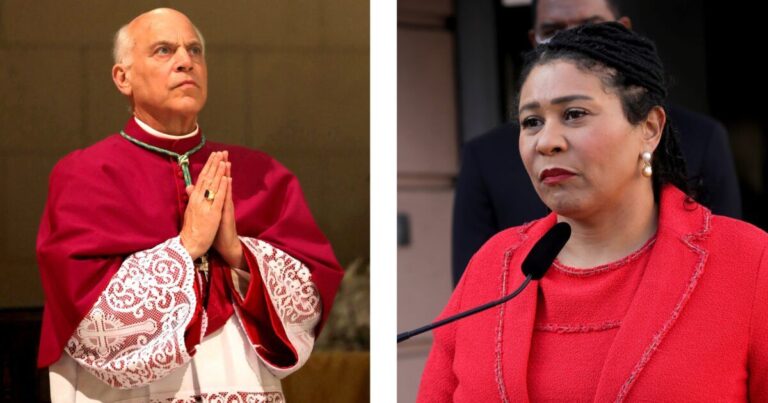Opposition to Proposition O: A Call to Action from Archbishop Cordileone
Context of Proposition O
In San Francisco, Archbishop Salvatore J. Cordileone is leading a campaign urging Catholics to oppose Proposition O, also known as the San Francisco Reproductive Freedom Act, which is set to appear on the ballot this November.
This measure aims to establish comprehensive reproductive freedom as an official city policy, which proponents argue will enhance access to reproductive health options.
What’s at Stake?
Proposition O would enforce that pro-life clinics, which do not provide or refer for abortions, display signage that describes them as lacking full reproductive rights. Moreover, these facilities would be listed on a Department of Public Health website dedicated to reproductive services.
According to Archbishop Cordileone, the two pro-life clinics directly affected are licensed medical facilities that offer a range of services to families, regardless of ability to pay. He questions why similar signage is not mandated for abortion clinics, suggesting that they too should acknowledge the limited nature of their services.
Responses from Leaders
Mayor London Breed, who introduced the proposition, stated that the act sends a strong message of support for reproductive rights in San Francisco, aiming to position the city as a leader in this critical area. In defending the proposed legislation, she emphasized the importance of safeguarding women’s autonomy in making decisions regarding their own bodies.
Support for Proposition O is bolstered by notable figures, including Nicole Barnett of Planned Parenthood Northern California and several members of the San Francisco Board of Supervisors. In contrast, opposition includes voices like Melanie Salazar from Pro-Life San Francisco, who has labeled the initiative as “abortion extremism.”
Concerns Raised by Archbishop Cordileone
In a video message, the Archbishop raised serious concerns about the implications of Proposition O. He highlighted potential risks faced by employees, clients, and volunteers at pro-life clinics, warning that public targeting could incite harmful behavior from proponents of abortion rights. Cordileone stated, “This flies in the face of the measure’s language that people should always access reproductive health services free from coercion, threat, violence, or fear.”
His call to action encourages a broader societal affirmation for life, advocating for alternatives to abortion and a commitment to addressing various forms of violence and discrimination.



